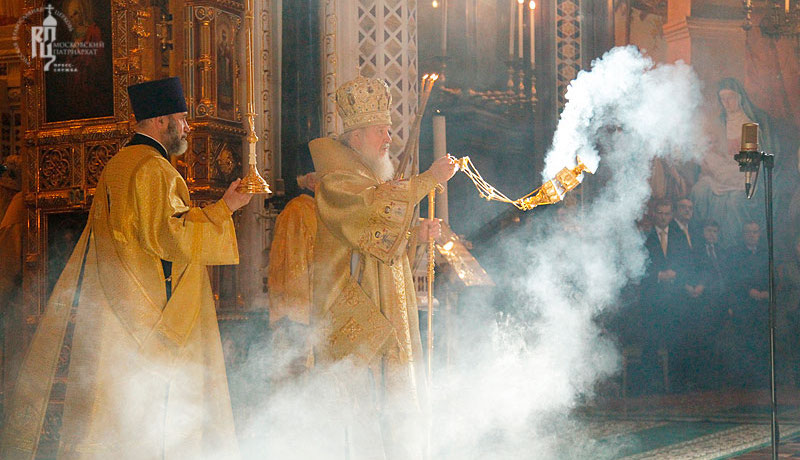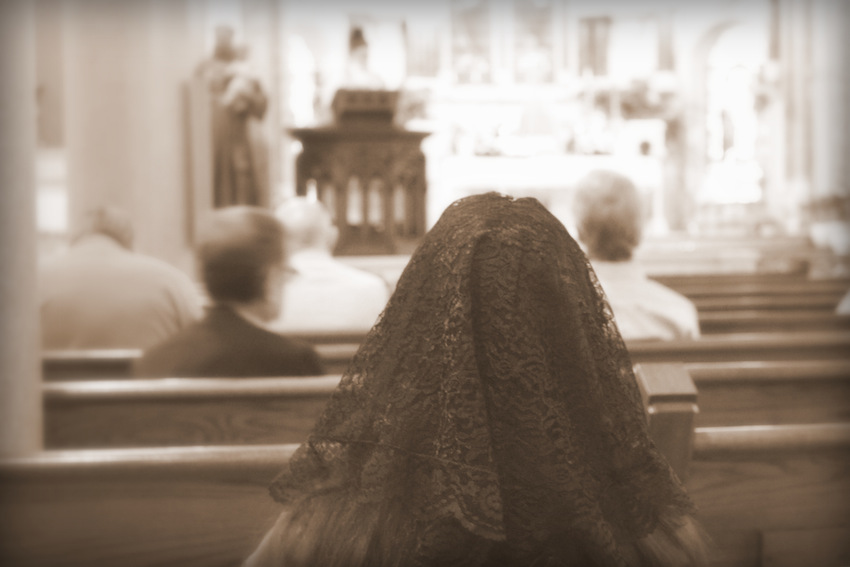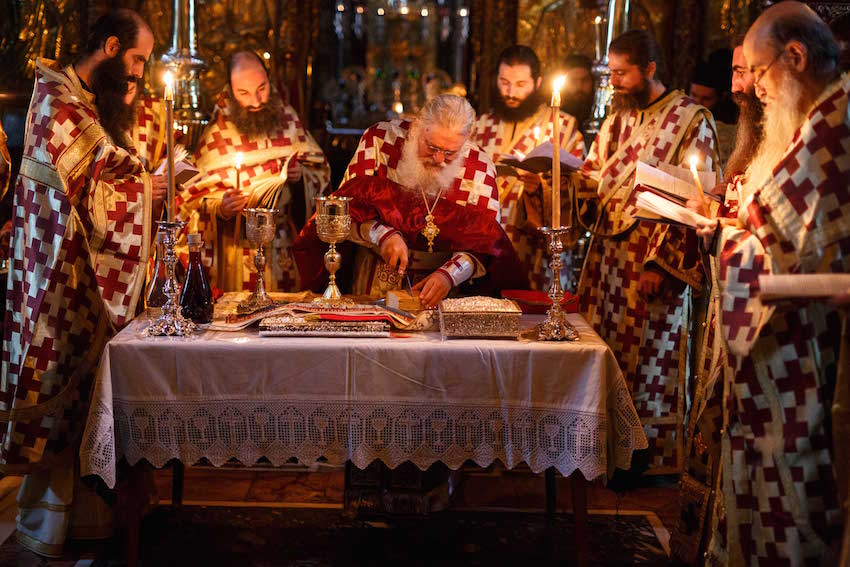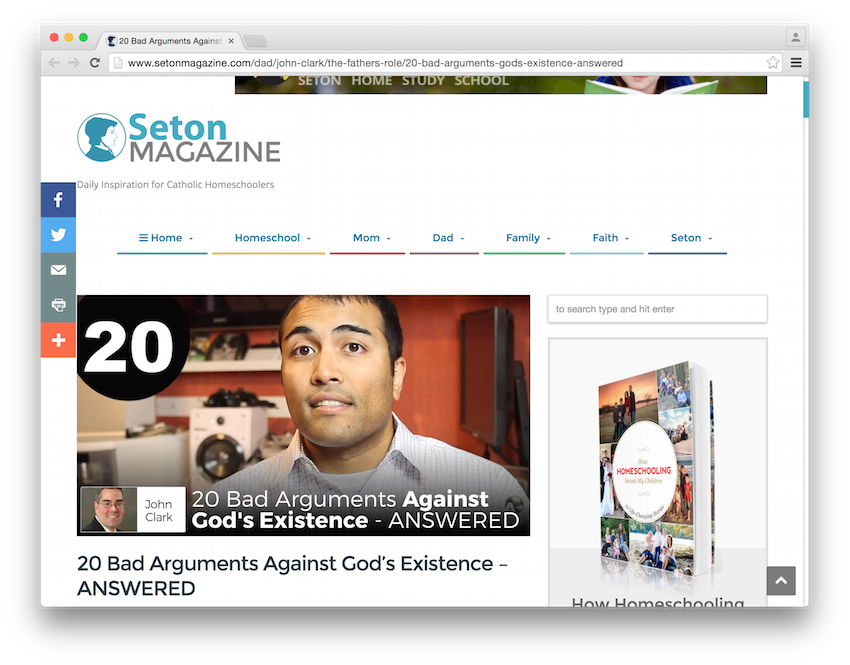
“Blessed is the Kingdom of the Father, Son and Holy Spirit.” The Divine Liturgy begins with an acclamation of the Kingdom of God, brought into being by the Kingdom bringer himself, Christ and represented by the Priest “in persona Christi.” The Kingdom of God is at Hand! The Liturgy is the feast of the kingdom, an inauguration of things to come, but also present and active here and now. The powers of Heaven invisibly worship with us.
This is but a taste of the reality of the Churchs’ Liturgies, but how often do we see attending church as little more than fulfilling a responsibility or as if we are attending a performance. Is it just something you do to fulfill an obligation and endure impatiently? Liturgy means “the peoples’ work”… it’s faith in action, word, song, prostrations, incensing, bowing and signing the Cross etc. You are participating in the most significant encounter with the Eucharistic Risen Lord, the source and the summit of our life!
The truth is Liturgy is life giving and beautiful, yet so often we are spiritually blinded by our sin and attachment to worldly concerns. Church is boring when it’s just about sitting through something we don’t understand or care to understand. To the outsider, it may appear meaninglessness or empty or a set of strange and hollow customs; something from the past like visiting a museum about an ancient tribe tribe with quirky habits.
Yet the Divine Liturgy, in particular, is the very thing that brings salvation from death and healing. It is the hospital for the sick. It is something to be lived. We are called to immerse ourselves in the Liturgy which is the very life of the Church, the life of the community; to become Church, the very Body of Christ present in the Temple.
Our Holy Byzantine Catholic and Orthodox worship is ancient, and yet very relevant. It may seem foreign to the modern world, but it’s as timeless as ever because people really haven’t changed. Fashion, music, technology may have changed, but human nature hasn’t. We need God as much as our ancestors did. Everything in the liturgy, every act, every phase has been designed to draw us into the mysteries, to worship in communion with our brothers and sisters in the faith in the presence of Christ our King.
In the Divine Liturgy we give creation a voice and we offer it back to God in the form of bread, wine which symbolizes the entire created order. We are in the presence of God and his Saints. “What shall I render to the Lord for all His benefits to me? I will take up the cup of salvation and call upon the name of the lord…” Psalm 115 12-13.
Every service is a chance to encounter the risen Lord and to be transformed. We are offered up, not just the bread and wine in Divine Liturgy. We are the outward, living sign of the Kingdom when we participate in this most public action of the Christian community in relationship with the Holy Trinity.
In the liturgies the prayers of the celebrants are sealed and affirmed with “Amen”, Hebrew for “let it be so.” Without the amen acknowledged by the members of the Body of Christ present in the temple, the liturgy cannot continue. At least one person must be present in addition to the priest or bishop for Divine Liturgy to be given. In the liturgy we praise God in song, word, the smells and the bells, the beautiful icons, we bow and we make the sign of the cross.
The church day and year has a cycle, it’s not just about Divine Liturgy; there is the liturgy of the hours, matins, vespers, liturgies of supplication, memorials, and compline to name some of the most consequential ones. There is a daily cycle as the sun moves across the world from east to west. In Matins we give praise to God who reveals himself to us just as the sun rises to overtake the darkness of night and to nourish the world. In the evening, Vespers is celebrated, usually as the sun sets, where we reflect upon the true source of light, Christ the Son of God and the Son of righteousness whose love for us will never set.
We must strive to see the deep reality and mystery present in the life of the Church, seen and unseen by our human eyes. The earthly liturgy as a manifestation in time of the heavenly offering and is therefore heaven on earth. The Church is an earthly Heaven, a showing forth of the eternal offering in Heaven here and now.
Read more



 Whenever I’m asked about atheism and theism, I always point people to this talk by my favourite Philospher, Dr. Peter Kreeft:
Whenever I’m asked about atheism and theism, I always point people to this talk by my favourite Philospher, Dr. Peter Kreeft:


